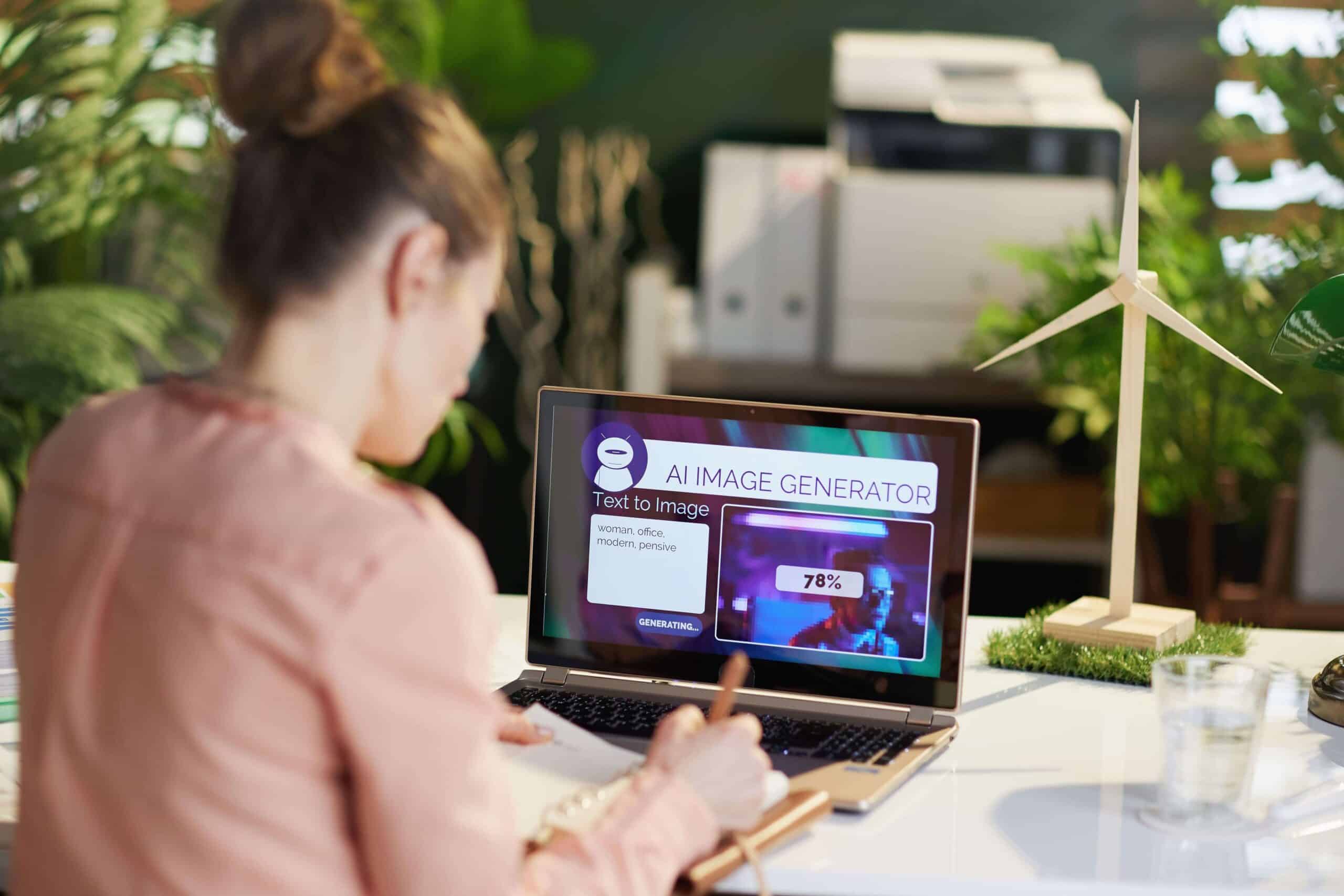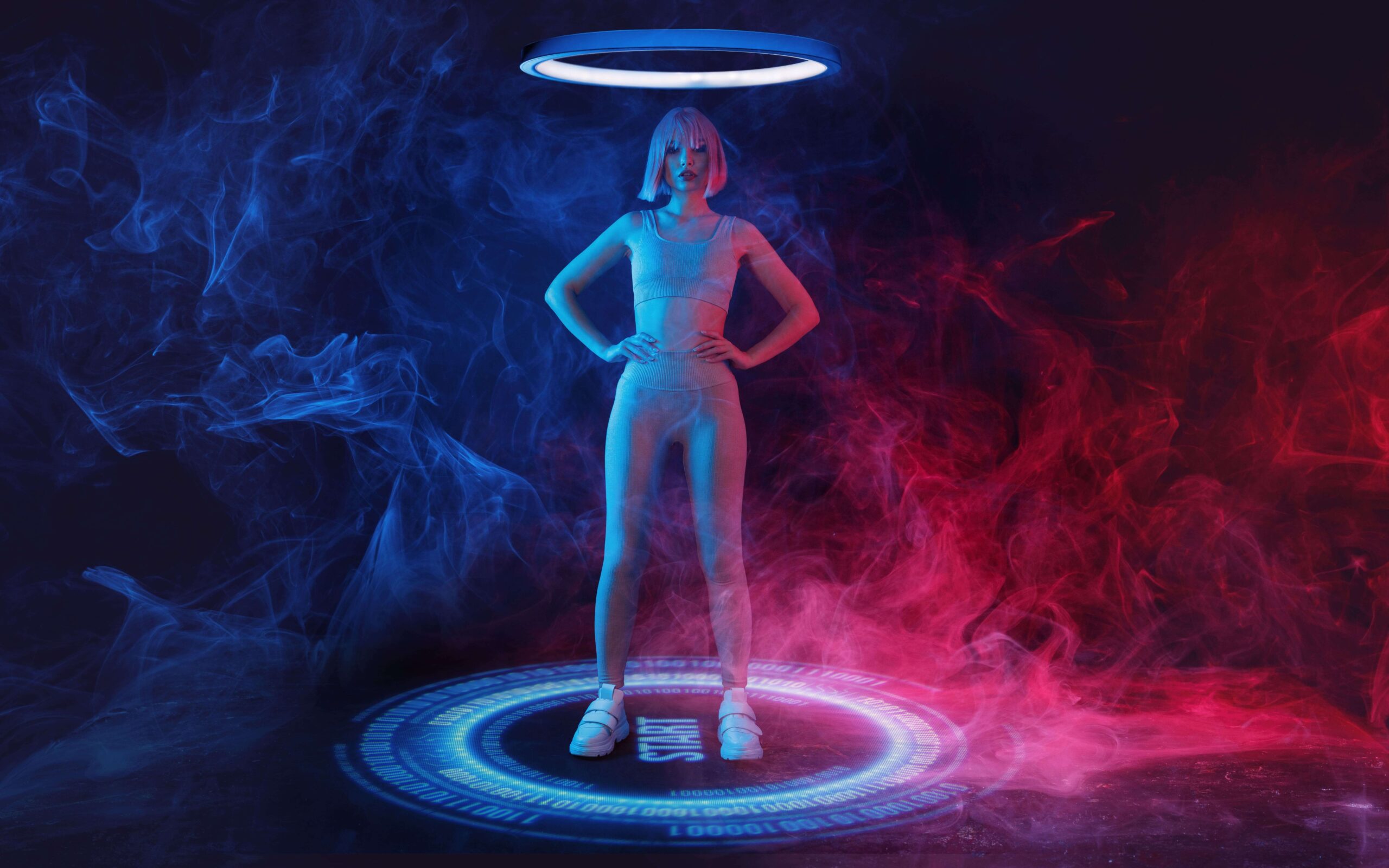- Popcorn gave us the ideas of ‘cocooning’ and ‘cashing out’
- She makes the best guesses she can, getting it right more often than not
- Popcorn’s predictions include the rise of ‘fan film,’ ‘emonomics,’ emotional intelligence, and the need for brain enhancement drugs
Popcorn doesn’t play it safe
For trendwatchers, playing it safe is dangerous. To make a name for themselves, they need to offer risky predictions and visions of the future that may never come to be. In fact, the farther forward they look, the harder it is to see. Our latest trendwatcher in the spotlight, Faith Popcorn, is no exception. Thanks to her, we use ‘cocooning’ to describe the way we hide in our homes when the world gets scary, and she introduced us to the idea of ‘cashing out,’ quitting a high pressure, high prestige, high pay career for a simpler life. Right or wrong, ingenious or inimical, Popcorn has shaped the present with her grasp of the future.
Born Faith Plotkin in New York City, she spent many of her formative years in China, and this early diet of difference and discovery merely increased her appetite for more. After returning to America, she studied at the High School of Performing Arts before enrolling at New York University, eventually declining acceptance to law school to pursue her attraction to the more glamorous world of advertising.
As Popcorn writes of herself, “I dreamed of being Holly Golightly with her little black dresses and long cigarette holder. I’m a believer in glamour. I’d been drinking frosty daiquiris at the bar of the Four Seasons Restaurant for many years. They didn’t ask for proof of age then. I didn’t know how to access that kind of world, but instead of looking in, I wanted in.” Then still legally Faith Plotkin, she fell in love with the Mad Men image of three-martini lunches, the social interaction lubricated by drink, and the easy camaraderie of office life in the 1970s. This would – and does – shape her work as a futurist in sometimes surprising ways, allowing her an unparallelled sense of market-shaping trends while tying her to an increasingly outdated world of work. (Fortune, for instance, has dubbed her “The Nostradamus of Marketing,” while Gawker named her one of New York’s “worst bosses” for her penchant for explosive, belittling behaviour and her extravagant number of expensive personal assistants.)

Getting it wrong while getting it right
Popcorn’s biography allows her to see things others miss. Everyone saw women entering the workforce at the end of the 20th century; she saw that they would, like the men before them, grow increasingly disillusioned with corporate life. Like reading glasses, she enables people who can see the page to read the words, the secret writing of the future that we can only squint at and struggle to make out. But sometimes she’s the wrong prescription, and instead of sharpening, she blurs like a greasy smear. For instance, in the late 1980s, she predicted an increasing trend to home-centric behaviour, or as she told The Los Angeles Times in 1987, “We think more individuals will make purchases that provide control, comfort and security against what they perceive as a harsh outside world. Anything you can make that is easy and secure, warm and available, you can market to their cocoon.”
She can be forgiven for misreading the cues here, though critics like William Sherden happily point to data illustrating a move away from the home in the five years following her prediction. Instead, Popcorn didn’t see the rise of the Internet and social media, nor could she then appreciate the profound sense in which Facebook or Hangouts or Pokémon Go could tease us back into contact, albeit, in many cases, virtually and begrudgingly. (It’s worth noting that she’s doubled-down on cocooning in the age of terror, however. We’ll see how that plays out.)
Instead, like all trendwatchers, she’s making the best guesses she can and watching the future unfold just like the rest of us. We should forgive her for predicting the rise of “mechanised hugging booths,” and instead recognise the genius of her realisation of the increasing importance of human touch in a mechanical world. No one gets it right 100% of the time, though Popcorn claims a ‘verified’ accuracy of 95%.
Popcorn’s punchiest predictions
If you’re looking for a trendwatcher who doesn’t predict the rise of artificial intelligence, automation, the gig economy, or a culture of fear driven by hyper-connection, the 24 hour news cycle, and very real fears of terrorism, you’ll be searching for a while. You don’t need futurists to predict these things, though they can help contextualise and explain them, and perhaps even help you connect the dots to the trends shaping tomorrow.
But Popcorn has big, interesting, and quite possibly accurate predictions to offer. Her connection to corporate culture, her intuitive grasp of marketing, and her unique position as a woman in a role dominated by men give her a leg-up on her competition.
Fan film
Hollywood’s in trouble; we’ve known that for a while. Only increased ticket prices and ridiculously expensive concessions are keeping theatres afloat, and it’s not hard to see a future in which streaming video like Netflix and crowdsourced entertainment like Youtube spell the end of traditional Hollywood. But Popcorn sees another trend developing from the ubiquity of cameras and film-making software–fan film. Bored with the countless sequels and remakes offered to moviegoers, she thinks the public will seize the opportunity to turn their lives into art, perhaps playfully appropriating blockbuster tropes, but using the content of their own lives as the raw material.
As she explains to The Hollywood Reporter, “The accessibility of tech makes it all possible for us to produce — and own. The intellectual property of our own tales will be ours to use and repurpose in new innovative ways. We’ll see them screened and voted upon (like The Voice), with the winners getting widespread release. It will be an entirely new business model. You’ve heard about Fan Fiction? Get ready for Fan Film, in which self becomes film studio.”
“Emonomics”
Serious people are already lamenting the demise of truth, especially in the wake of Donald Trump’s emotional, but often factless, appeals to the American public. And when you consider the degree to which viewers have become accustomed to advertising, hip to how they’re being manipulated by marketers, and savvy to the wiles of product placement and celebrity endorsement, it’s easy to see why simple claims to ‘truth’ don’t sway many votes or purchases. But Popcorn sees promise where others find only calamity.
In a post-truth world, emotion sells. Popcorn sees what few others can: the way in which marketing can rely on people – on us – to be ‘predictably irrational.’ If a product can capture what we’re thinking and saying, giving voice to our raw emotions, it can pull us in despite ourselves and what we know to be true, much like Trump’s appeal to millions of voters.
“Boys don’t cry:” the rise of emotion and intelligence
Popcorn has watched the world of work transition from the glamourous to the grinding, but she’s also witnessed the rise of women in the workplace. Here, too, she sees with startling clarity. As women increase their representation in boardrooms and offices, laboratories and factory floors, they’ve brought new skills and fresh perspectives. Apparently emotionless offices are the past, and perhaps due to her time in the bar of the Four Seasons, Popcorn knows that the Mad Men’s stiff upper lips were made possible in no small part by glasses of well-chilled gin and vermouth.
Now that women have joined the party, lunch break drinking sessions have declined, but emotional intelligence is on the rise. As Popcorn tells CNBC, “The female entry into the workplace has brought emotional intelligence into the workplace and that comes with emotion[…] There is a lot of anxiety about the future, there is a lot of stress-related burnout and we are seeing more emotion being displayed in the workplace.” And while she recognises that this is sometimes little more than a stereotype, she nevertheless thinks that gender parity is poised to bring more emotion – not just more emotional intelligence – to work.
Bio-hacking to stay competitive
Popcorn doesn’t need her vaunted “BrainReserve,” a sprawling team of experts, researchers, and trendwatchers, to tell her that automation and AI are disrupting work. And reading her predictions, we get the sense that she’s not buying the repeated reassurances of people like Ginni Rometty, the CEO of IBM, who promised that AI like Watson won’t replace – but rather only augment – human workers. Popcorn is enthusiastic about the prospect of intelligent machines to help us live better lives, helping us care for ourselves or our grandchildren, for instance, while providing a level of insight and attention no human can match. But it’s precisely the ‘matchless’ capacities of machines that have her worried.
“[T]he robots are edging us out[…] When you come to work you have to be enhanced, you have to be on the edge, you have to be able to work longer and harder. You have to be able to become more important to your company,” Popcorn says. As a result, she predicts the rise of nootropics, brain enhancing chemical cocktails that stimulate the mind and improve its function. Popcorn thinks they’ll become daily habits, like your morning coffee, or perhaps those after work drinks she so fondly remembers from the 70s.
Faith Popcorn’s trendwatching has helped us adapt to and understand the future for generations. Her books, The Popcorn Report (1991), Clicking (1996), and EVEolution (2000), her marketing genius and her uncanny ability to see clearly what others only glimpse, have kept her in the spotlight for nearly 50 years. She’s given us ‘cocooning’ and ‘cashing out,’ and a mind as fertile as hers will undoubtedly have more to offer in the coming years.



